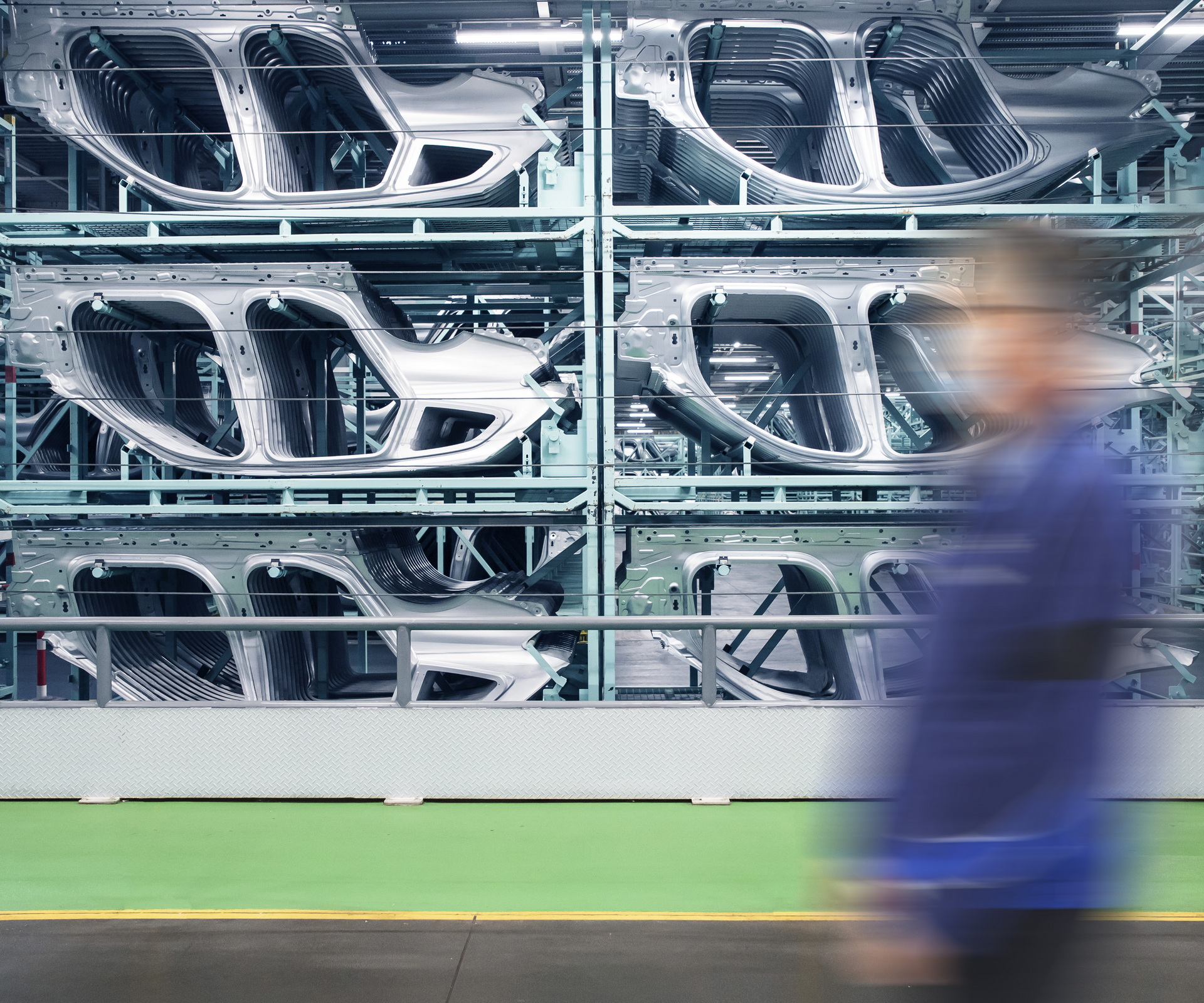BMW announced today that it has signed a second green steel deal to help lower the emissions caused by the production of its vehicles. It will now work with Salzgitter AG, as well as H2 Green Steel, with a view to meeting more than 40 percent of the demand at its European plants by 2030.
In so doing, the automaker hopes to reduce its CO2 emissions by as much as 400,000 tonnes (440,924 U.S. tons) per year by that time. Steel is one of the most carbon-intensive materials used in the manufacturing of vehicles and the steel industry accounts for about seven percent of global direct carbon emissions every year.
“This is an important step in substantially reducing CO2 emissions at source in the supplier network,” said Joachim Post, member of the Board of Management of BMW AG responsible for Purchasing and Supplier Network. “Our aim is to reduce vehicles’ lifecycle carbon footprint with a holistic approach.”
Read Also: This Volvo Is The World’s First Vehicle Made Of Fossil-Free Steel
The Salzgitter deal will see BMW receive low-carbon steel that will be used in standard production vehicles made in Europe starting in 2026. Steel made at Sweden’s H2 Green Steel, meanwhile, will begin being built into its vehicles starting in 2025, as previously announced.
Salzgitter AG plans to replace its coal-burning furnaces with direct reduction plants. These use hydrogen to directly reduce iron ore to iron in the solid state, which is then melted down with steel scrap (much of which may come from sheet steel offcuts from BMW’s own factories) in an electric arc furnace powered by renewable electricity. In total, the method reduces CO2 emissions by around 95 percent.
Looking forward, BMW has also invested in Boston Metal, an American startup that uses electricity to power an electrolysis cell that produces molten iron which is later processed into steel. Using this method, if all of the energy used to power the plant is green, it makes steel production carbon-free.
Both Volvo and Mercedes-Benz are also investing in green steel production in order to help reduce the carbon footprint of their vehicle manufacturing operations.



